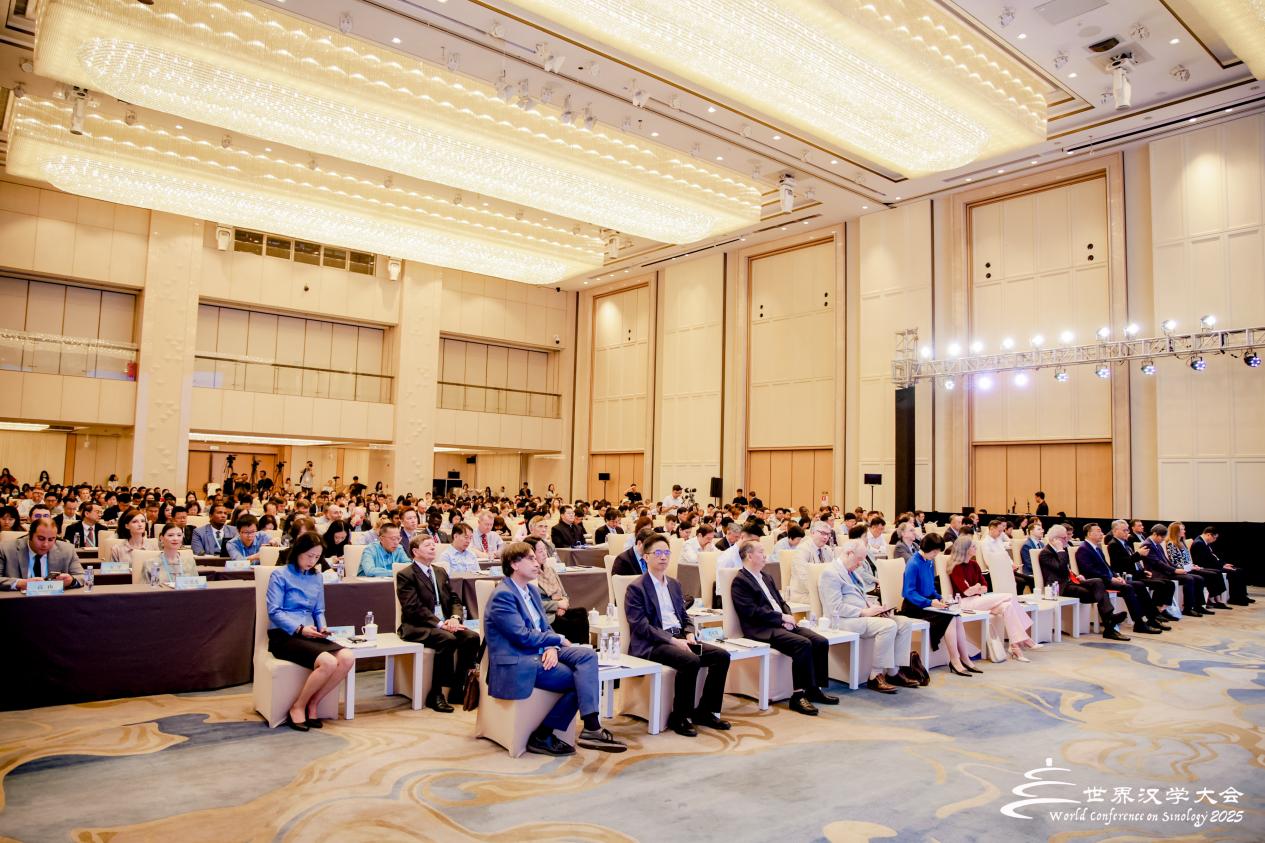On June 7, 2025, the 9th World Conference on Sinology was held in Shenzhen for the first time. The opening ceremony was attended by several distinguished guests, including Yan Wu, Vice Minister of Education; Donggang Zhang, Party Secretary of Renmin University of China; Ling Zhang, Head of the Publicity Department of the Shenzhen Municipal Committee of the CPC; Junfa Mao, President of Shenzhen University; and Professor Andrea Bréard, Vice President of Friedrich-Alexander-Universität Erlangen-Nürnberg.
Centered on the theme “Understanding China: Sinologies in the Age of Artificial Intelligence,” the conference explored the evolution of global Sinology research amid rapid developments in AI. The School of Media and Communication (SMC) of Shenzhen University hosted the sixth sub-forum, titled “Inter-Civilizational Exchange and International Communication in the Digital Age.” This session built on the conference’s core theme while addressing pressing issues related to digital governance and cross-cultural dialogue.
Moderated by Professor Guang Yang from SMC, the forum brought together prominent scholars from leading Chinese universities, including Chinese University of Hong Kong, Renmin University of China, Zhejiang University, Shanghai Jiao Tong University, and others. It also featured international Sinologists from countries such as Germany and Russia.
Participants shared their latest research in a series of lively, in-depth discussions rich with valuable insight and meaningful exchanges. International Sinologists offered cross-cultural perspectives and responded thoughtfully to the insights of their Chinese counterparts. A shared consensus emerged on the need to move beyond the outdated “clash of civilizations” paradigm. Instead, scholars advocated for a new model of global communication grounded in shared facts, resonant values, and emotional connection.
Concerns were also raised about the power structures embedded in emerging tech platforms and the urgent need for collaborative governance frameworks. Strategies to enhance the global influence of Chinese culture were discussed, focusing on the “three cultural forces” — culture radiation, resilience, and appeal. The forum highlighted a growing shift toward “two-way dialogue” in academic international communication and underscored the importance of blending “self-narrative” with “external narratives” in telling the story of China’s modernization. Sinologist Professor Aleksei Rodionov compared civilizational exchange in the digital age to “a mother-in-law and daughter-in-law relationship”—complex but rewarding with patience and inclusive practices.
In recent years, SMC has prioritized academic innovation in AI, digital media, and international communication. It has launched a pioneering undergraduate track in international communication, established master's and PhD programs with international communication specializations, and developed research platforms such as the Global Communication Institute of Shenzhen University and the Media Convergence and International Communication Research Center, laying a strong foundation for future-oriented scholarship and talent development.
Founded in 2007 by Renmin University of China, the World Conference on Sinology has become a premier platform for international dialogue on Chinese studies. Hosting the conference in Shenzhen for the first time underlines the city’s emergence as a vibrant hub of openness, innovation, and tech-driven modernization. It also affirms Shenzhen’s growing role in shaping the future of global Sinology.
